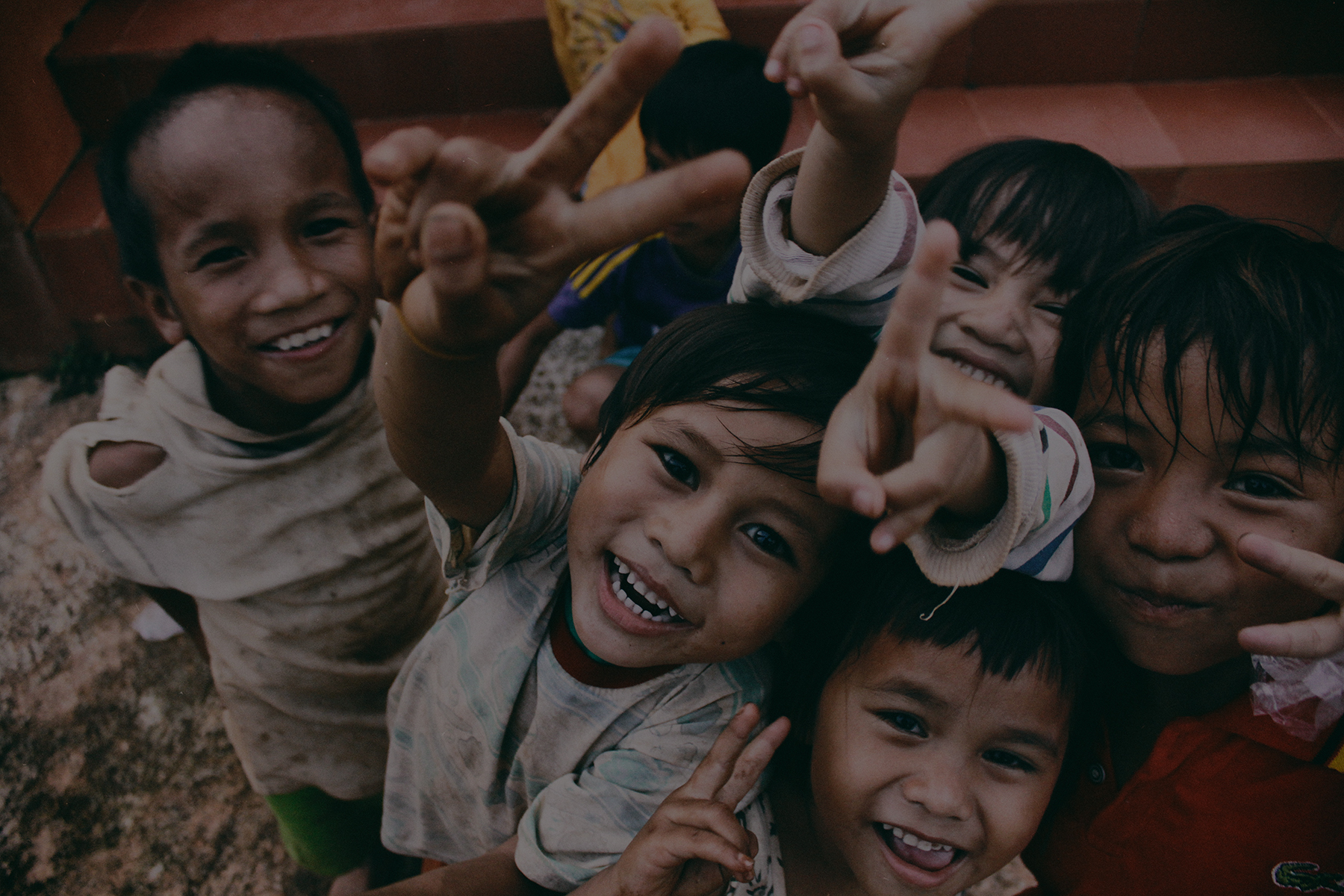From June 21-24 Children from across South Asia are meeting to talk about how violence affects them and advise high level officials from Afghanistan, Bangladesh, Bhutan, India, Maldives, Nepal, Pakistan and Sri Lanka on actions Governments should take to end violence against children
The Children’s consultation is part of the 2 day Meeting of the “South Asia Initiative to End Violence Against Children’s (SAIEVAC)”. This meeting is organised by the SAIEVAC Secretariat which is currently hosted by the Ministry of Women, Children and Social Welfare, Government of Nepal.
The meeting is supported by the South Asian Coordinating Group for Action to End Violence Against Women and Children (SACG), an interagency group comprised of UN agencies and International NGOs working against violence in the region.
Achieving real results for children depends on government commitment to end violence in homes, communities, schools, institutions, workplaces, and in development and emergency settings. The SAIEVAC Meeting is so exciting because it is being lead by high level government officials and Minister’s from across the region to strengthen current work and establish a new regional centre to protect children from all forms of violence, including physical or mental violence, injury and abuse, neglect and negligent treatment, maltreatment or exploitation, and sexual abuse. “
In order to combat violence and abuses against children, it is vital that children themselves are able to speak out and contribute to solutions. Children’s participation is an integral part of the South Asia Initiative to End Violence Against Children (SAIEVAC) and children will continue to participate in SAIEVAC through their representation on the SAIEVAC Board and the establishment of national child protection networks.”
Over the two day Minister’s Meeting, a workplan will be developed by government representative from Afghanistan, Bangladesh, Bhutan, India, Maldives, Nepal, Pakistan and Sri Lanka in coordination with children and various international agencies. The workplan will identify specific regional and national actions governments should take to support the strengthening of child protection systems and to address regional issues such as child labour, trafficking, sexual abuse and exploitation, child marriage and corporal punishment.




